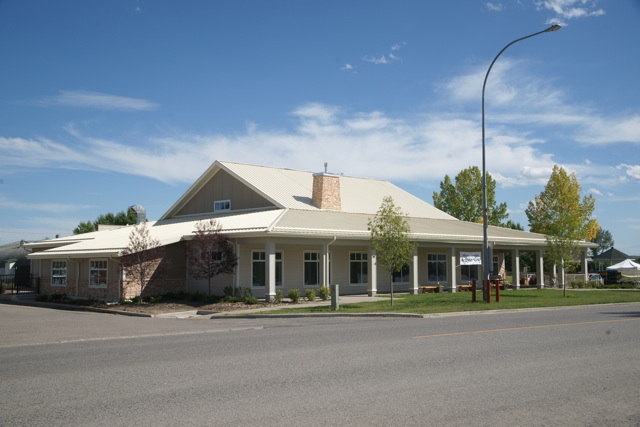Lest We Forget
George and Art, two Canadians in their early twenties, were probably looking forward to nothing more than returning from Europe to their homes in Nova Scotia and Saskatchewan on that cold November day in 1918. Perhaps they would even make it back in time for Christmas. Theirs had not been the usual young man’s tour of Europe, taking in the sights and experiences of a different continent before settling down to university or a career.
On this day they found themselves in France, but instead of gazing at the Eiffel Tower or wandering through the Louvre or along the banks of the Seine, they were with the other members of Battalion 28 near the village of Havre. They were to secure the village and more importantly, Canal du Centre. Across the canal, the German soldiers were clearly seen retreating. Battalion had received the news that hostilities would cease at 11:00 am that day, November 11 and they were to stand fast at the position they were in at that time and not engage the enemy. The strictest precautions were to be maintained. No one is sure why George and Arthur would lead a patrol across the other side of the canal just before the ceasefire. Perhaps they perceived an imminent threat from the Germans on the other side. Perhaps they were looking to see if the houses there would provide suitable accommodation for the Battalion. Whatever the reason, their actions ensured that their names would go down in history. At 10:58, a mere 2 minutes before the declared ceasefire, a single German bullet was discharged which felled Private George Lawrence Price. He died in Private Arthur Barrett Goodmurphy’s arms. George was last Commonwealth soldier, and the last Canadian to die in the First World War.
It is sacrifices such as this that we recall on Remembrance Day. Since the First World War there have been many conflicts that our young citizens have been sent to fight and die in and we have some idea of what it was like for them by the often poignant, dramatic and realistic words they wrote. We are all familiar with In Flanders Fields by John McCrae and High Flight by John Gillespie Magee Jr, a World War II pilot enlisted in the Royal Canadian Air Force. Many of the great battles have been immortalised in the lines of verse such as Lord Tennyson’s Charge of the Light Brigade which memorializes a suicidal charge by light cavalry over open terrain by British forces in the Battle of Balaclava in the Crimean War (1854-56); which is modern-day Ukraine, now the location of a present-day war. Byron writes of an even more ancient conflict between Assyria and Israel in The Destruction of Sennacherib. However, not all battle accounts are confined to poetry. Before the advent of television and the ability to see the images of war firsthand, people had to rely on the reports written by war correspondents and the soldiers themselves to know what was happening on those far away battlefields. Even though today we can witness first-hand the bombing of our enemies on the nightly news we can still read riveting prose by those Canadians who have been there. General Romeo Dallaire’s Shake Hands with the Devil tells the story of his frustrated efforts to stop the madness of the Rwandan Genocide. Another great read is General Rick Hillier’s A Soldier First: Bullets, Bureaucrats and the Politics of War. A more recent publication, and new to our library, is The Fight of Our Lives by Iuliia Mendel. In 2019, at the age of 32, this Ukrainian journalist had been hired to work for Ukrainian president Volodymyr Zelenskyy. Little did she know what was to come. Her book is a moving account of her experiences living in a nation under attack.
As November 11 is a Statutory Day the Library will be closed.























